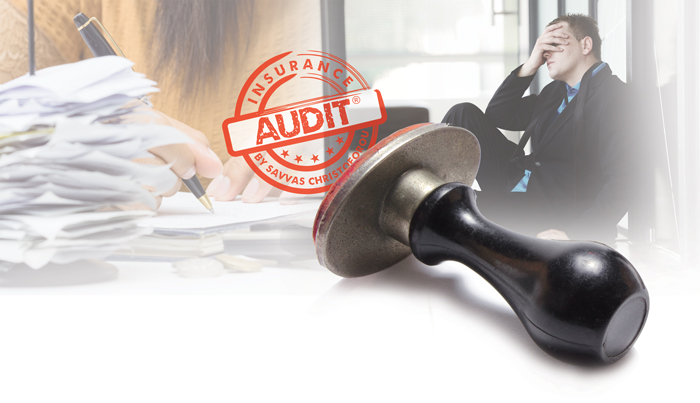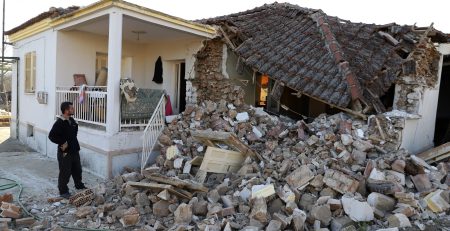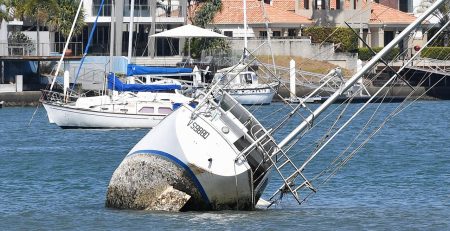An owner of fast food restaurants was paying for public liability Insurance which included food poisoning. The cover was limited to only food consumed in his restaurants (premises liability), whilst 90% of his business was delivering food outside his restaurants. Note that the appropriate cover is to way is to expand the liability insurance coverage, anywhere the insured does business.
• A homeowner insured his home at its full replacement value and paid the relevant premium. In case he had claim his Insurance policy was specifying that a deduction of wear and tear of the home is to be deducted before paying his claim. Note that the appropriate way of buildings insurance, is an insurance based on the value new for old compensation in case of claim.
• A young accountant without any dependents had life insurance with twice the insured amount for Life Insurance than disability insurance. Note that persons with no dependents, needs firstly disability income insurance than life insurance.
• A metal constructions company owner, who was a hand on worker and doing a lot of manual labor, had an accident insurance policy which stated that his occupation is as ‘Company Director’. Note that in case of injury, if found that the business activity is declared wrongly, there is the possibility of refusal of payment by the insurance company.
• A property owner had transferred his house to his daughter without changing the insurance to her name. If the house burned, the insurance company would likely refuse to cover the damage, because the father had the insurance in his name but had no house to insure, and daughter had house but had no insurance. Note that upon a claim, the insurance company will ask verification of ownership before paying anything. If the insured cannot prove that the property belongs to him, then he will probably not compensated by the insurance company, regardless if have insurance cover.
• A business had employers’ liability insurance with definition of occupational diseases, only those diseases mentioned in the “two columns of the Social Insurance Law (illnesses) 1980. If an employee suits him for an occupational disease, which is not described in this ancient list, then the employer will pay the compensation out of pocket.
• A Company with many employees and subcontractors had employer’s liability insurance with a definition of the employees as ‘Employee in the Insured’s immediate service’. If a not direct worker is injured and based on the facts, he is considered by the court as an employee of the employer, and then an insurance contract with definition “Employee Directly” will probably refuse cover.
• A homeowner had third party liability insurance for his vehicle with a cheap insurance company. In motor insurance, third party people considered also the passengers of a car. In case of major accident caused by the negligence of the driver, the passengers of the vehicle, which usually is the family of the insured, should be asking for compensation by the “cheap Insurance Company”!!
• An importer of goods, insured his goods (marine insurance), for ‘port to port’ cover. If the goods were destroyed in an accident, due to the overturning of the truck delivering his goods from port to his warehouse. He wouldn’t receive any compensation. If there is no caver from the logistics company the correct way, it to cover the goods to the warehouse of the insured.
• A businessman, who manufactures his own products and also imports other products, thought that the product liability insurance was covered by the public liability insurance. The Public liability insurance excludes liability for products being manufactured, imported or distributed. Product Liability insurance is specialized insurance that covers the liability arising from products based on the relevant legislation which is very strict.
• A businessman who installed air conditioners was called to indemnify the owner of a flat where his employees were installing an air conditioner. His employee burnt the apartment by mistake from his cigarette. The employer had Third party liability with definition “premises liability”, without the extension of “operations liability”







